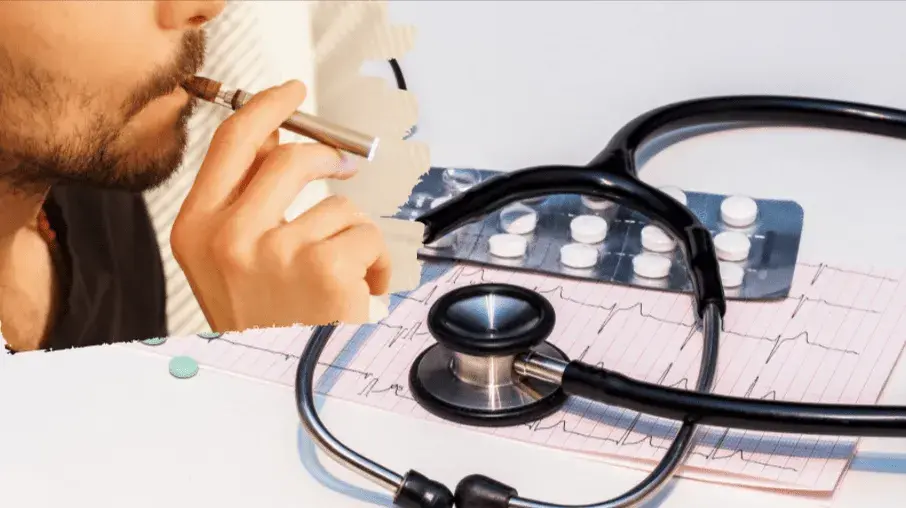Drug Craving
The drug addiction relapse process can be a long one. It is a process characterized by drug craving, avoidance behaviors, and craving for more drug use. At this point, the substance addict will exhibit many mood swings and extreme emotions. They will also attempt to justify continuing with substance abuse, often arguing that their addiction is not serious. This stage of drug addiction treatment is often called the "craziness cycle." Unfortunately, many in rehab do not recognize this cycle and suffer from a relapse soon after leaving the treatment facility.Euphoric Effect
During the euphoric effect stage, an individual actively craves drugs or drinks again, and sometimes they will try to convince themselves that they really don't need them. Bargaining and internal conflicts are common at this time as people often feel strong cravings to substances, but realize that using them now hinders recovery later. Unfortunately, it is common for people to take even more drugs during the euphoric effect stage, leading to drug abuse and addiction. Unfortunately, most treatment facilities do not recognize this phase and people suffer needlessly.Addiction Relapse
Inpatient drug addiction relapse occurs when the patient returns home from rehab and fails to follow through with outpatient treatment. It is important for them to realize that this is a critical stage and follow through with outpatient therapy and treatment. If someone is unable to stay sober, they should be evaluated for treatment to cure their problem. Unfortunately, treatment at this point is almost impossible to recover from without inpatient help.How Inpatient Care is Helpful?
When inpatient treatment is sought, treatment is given in a residential drug rehab facility. Inpatient care allows patients to use a safe environment to battle addiction and recovery. Residential rehab programs offer structure and a support network for recovering addicts. Patients in these programs have access to doctors, nurses, therapists, specialists and other medical staff on a 24 hour basis. They also have the ability to schedule appointments around their recovery. This is beneficial because there is no temptation to relapse into drugs. Treatment professionals at Neworld Detox Centre believe that there are several behavioral therapies which provide excellent results in the process of addiction recovery. The behavioral treatments include, but are not limited to, cognitive behavioral therapy, group therapy and individual therapy. The cognitive behavioral therapy teaches patients to recognize their triggers and how to avoid or quit using drugs based on the behaviors which lead to drug use. It teaches patients to face their triggers and how to replace them with healthier behaviors. Group therapy and individual therapy teach individuals how to cope with cravings and to increase self-esteem, self-confidence and self-awareness.
Drug Detoxification
Another important part of drug addiction recovery is detoxification. Detox is a critical step in the process. Most detoxification occurs at a drug rehab facility or at a hospital. At a treatment program, patients undergo various detoxification procedures, including intravenous de-addiction (IVAD), which is highly effective in removing heroin and other opioids. Other detoxification procedures include stabilization or maintenance doses of specific opiates, as well as extended detox in an outpatient facility or inpatient facility. Both of these methods help reduce both physical and emotional withdrawal symptoms. Drug addiction and drug abuse are complex issues, and it is not possible to treat them completely with drugs and medications alone. No matter how dedicated you are to ending your drug addiction and ending your drug abuse and addiction, you cannot work on your goals without your loved one's support. If your loved one has begun to experience any of these symptoms, there is no time to delay. The sooner you begin the recovery process, the better your chances are of not only stopping your loved one's drug addiction and abuse, but also of stopping the progression of the disease.The Bottom Line
If your loved one is beginning to exhibit these signs of addiction or abuse, there are many options available to you for treatment including marriage or family therapy, medicinal detox, or a combination of these three. Regardless of what form of treatment your family and you choose, you should know that continued dedication and support are essential for success in your fight against addiction. You have already taken the first step by admitting you need help; now it is up to you to make a difference in your loved one's recovery. You can make a positive difference in their life today by becoming educated about the disease of addiction and becoming proactive about starting their recovery process today. I hope you will consider this information.
Reviewed by







